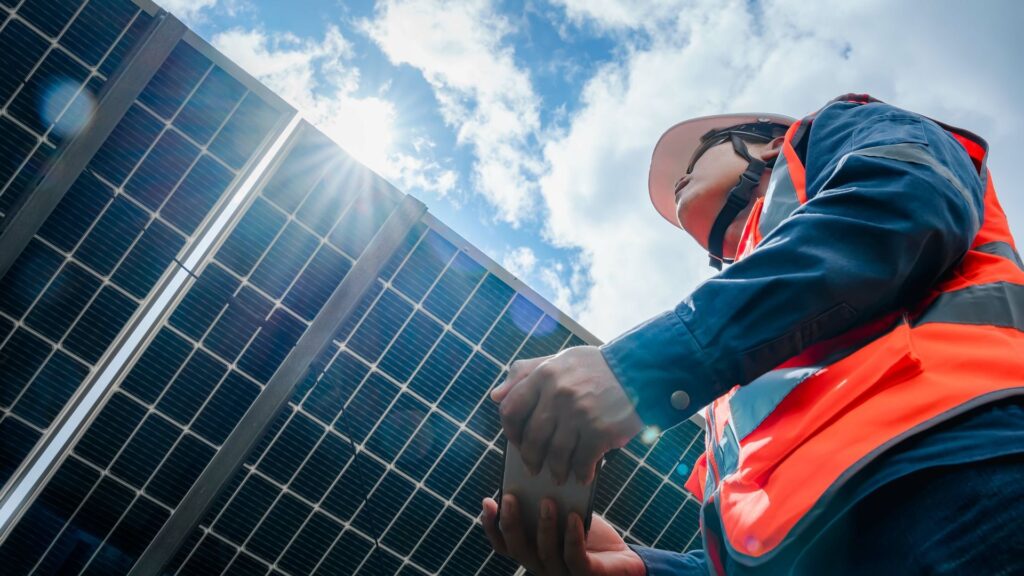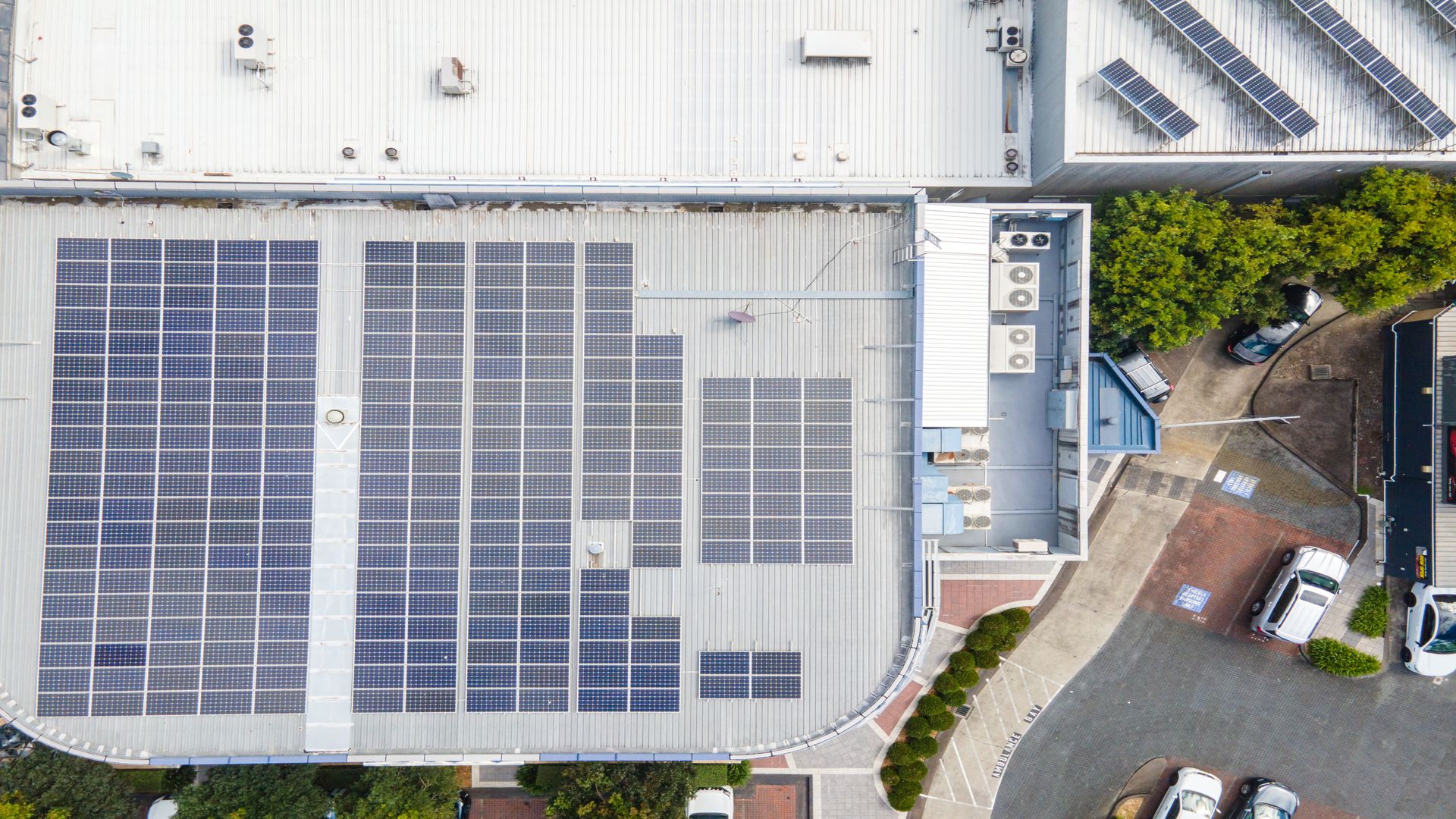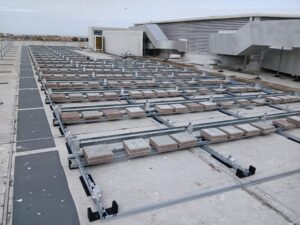Commercial Solar Panel Installation: A Quick Guide

Solar energy is the future. Thanks to its numerous benefits, more businesses are switching to solar energy in their commercial facilities. Those that already have a solar energy system are adding even more to accommodate their expanding operations.
Making the switch to solar is one of the wisest financial choices you can make. That said, once you’ve decided to add a solar energy system, it’s only natural to want it done as quickly as possible. Take note, however, that the commercial solar installation process can be quite daunting if you don’t know what to expect.
To give you a better idea, this article takes a closer look at the necessary step that most commercial solar energy projects follow.
- Site Evaluation
All solar projects—residential and commercial—start at site evaluation. The building blocks of a commercial solar panel installation plan will depend on the initial site evaluation.
Your solar contractor will complete a walkthrough of the grounds or your commercial building. Information about the building is gathered, including measurement of structural walls and beams, to assist in the system design. This ensures that your building can support solar installation. They’ll also evaluate the surrounding property, determining whether it’s more suitable to use ground-mounted panels.
Property evaluation will also include shade analysis, as well as geological and topographical surveys. During the evaluation, your contractor will also review your utility consumption and bills.

- System Design And Proposals
The information collected during the evaluation and audit is then delivered to solar engineers and designers. They’ll plan and design a solar proposal that includes the recommended location, slope, orientation, as well as the system’s size and energy production, and how the construction will be executed.
Also, the proposal will detail the specific models of solar panels, inverters, and batteries, as well as provide a description of the wiring system. It’ll also state the total cost estimate of the system, including labour and equipment, and minus the rebates and government incentives. It should also include projected energy costs, savings, and warranty information.
By this time, you can talk to your solar contractor for customization options and other requests you may have so they can include them in the overall design.
- Obtaining Permits
Once the design plans are completed and approved, your contractor will start obtaining permitting requirements. Since there’s no standardized permitting process, how fast the process can be completed will depend on your location, local government regulations, and the size and complexity of your system.
In general, your solar contractor will take care of all permit requirements, so you don’t have to waste time waiting in line and just focus on your regular business routine.
- Solar Construction And Installation
Once the necessary permits are obtained, your solar contractors have the green signal to start constructing and installing your solar energy system.
The process of construction and installation will depend on the proposed project type and system size. Small rooftop systems can take a few weeks, but larger and more complex ones can take months to complete.
Although your solar contractor may have planned for minimal disruption to your normal business operations, you still want to prepare for things such as temporary power shutdowns and providing alternate parking spots for employees and customers.
- Final Inspection And Commissioning
After construction, a final inspection and commissioning are required before the system can be used. Inspectors from the local building department may also need to complete a final inspection to ensure that the modifications to the grounds or buildings are up to code.
Also, your solar power provider will confirm that your system was built according to plan. Then, your local utility provider will grant you permission to connect and operate your commercial solar energy system.
- System Operation And Maintenance
Once your commercial solar energy system is up and running, regular care and maintenance are required to ensure maximum power efficiency and a longer lifespan. In general, your solar system contractor should provide such services as part of your contract and may include basic annual inspections, performance monitoring, warranty repair, and even routine cleanings.
Takeaway
Powering your business with solar energy comes with numerous benefits that can be felt for decades—from lowering your monthly utility bills to creating a positive brand reputation. That said, installing commercial solar panels is a complex project. While most people know what solar panels are, most aren’t aware of the specific details involved in setting up a complete and efficient solar energy system.
But, after reading this article, hopefully, you now have a better idea of the necessary steps and what to expect once you give the go signal for your commercial solar installation.




